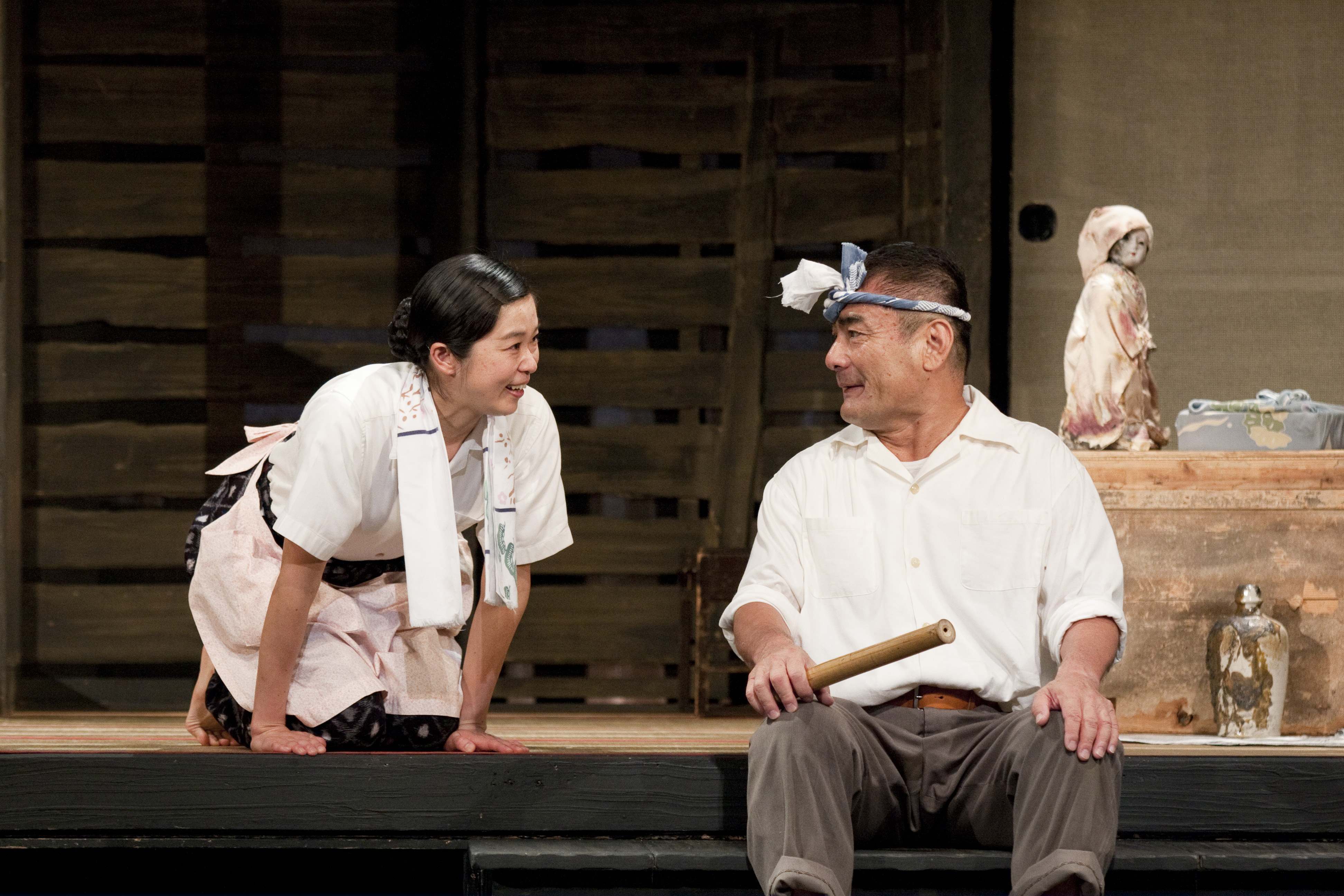Hisashi Inoue's death at the age of 75 on April 9, 2010, at his home in Kamakura, Kanagawa Prefecture, was a major event in the postwar Japanese theater world. It moved many dramatists to stage works by the great author and playwright who combined comedy and searing social and political commentary into unique productions.
Within months of the anti-establishment figure, and lifelong chain-smoker, succumbing to lung cancer, several of his plays opened at major theaters in Tokyo, elsewhere in Japan and abroad — with many addressing the looming threat he foresaw to Japan's postwar pacifism, as well as perhaps drawing on his experience of growing up in an orphanage after his businessman father, who campaigned for tenant farmers' rights to buy their land, died in 1939 after periods in police custody.
The New National Theatre, for one, presented Inoue's powerful Tokyo War Crimes Trials trilogy comprising "Yume no Sakeme" ("A Crack in the Dream"), "Yume no Namida" ("Tears of the Dream") and "Yume no Kasabuta" ("Scab of the Dream").


















With your current subscription plan you can comment on stories. However, before writing your first comment, please create a display name in the Profile section of your subscriber account page.